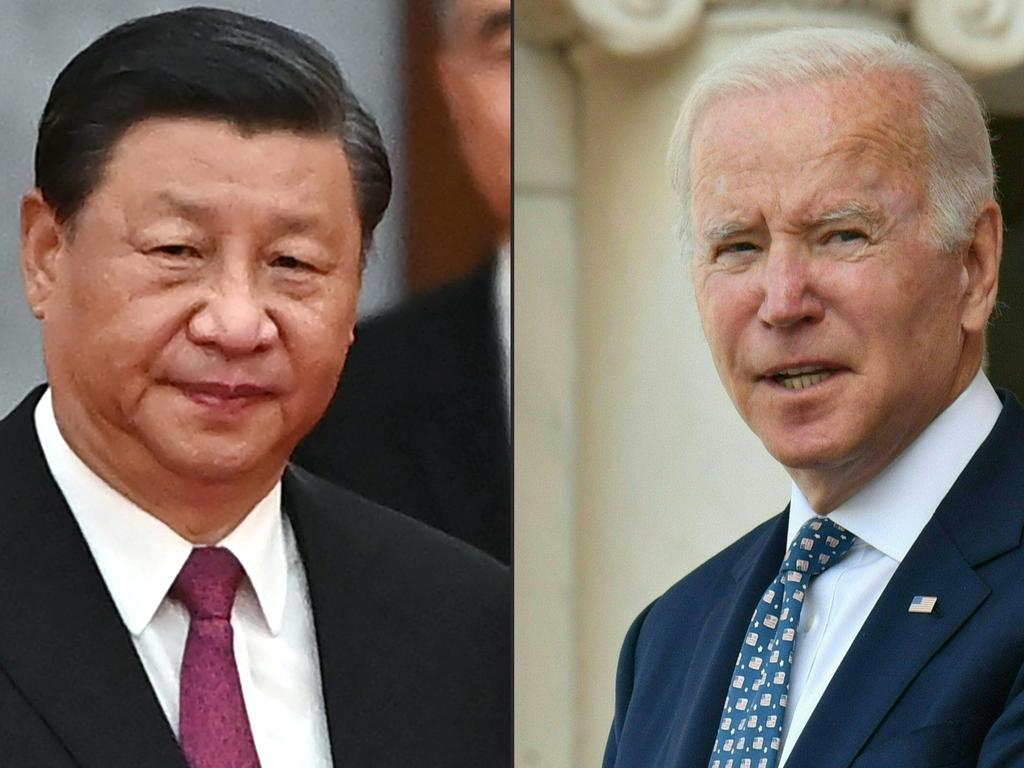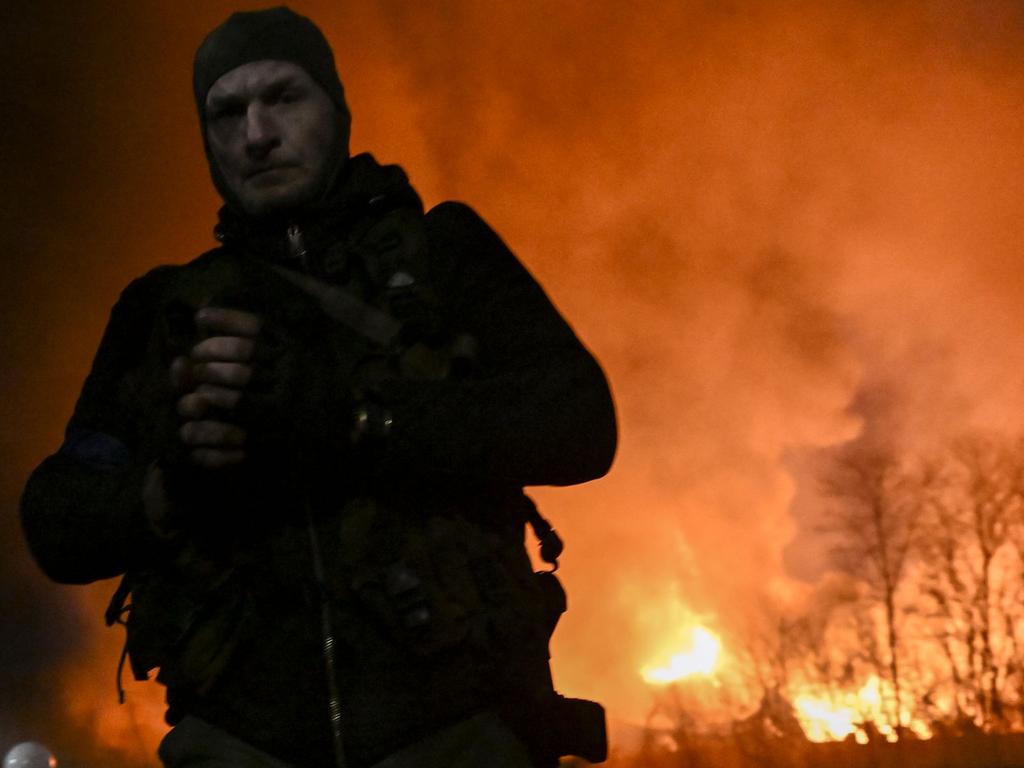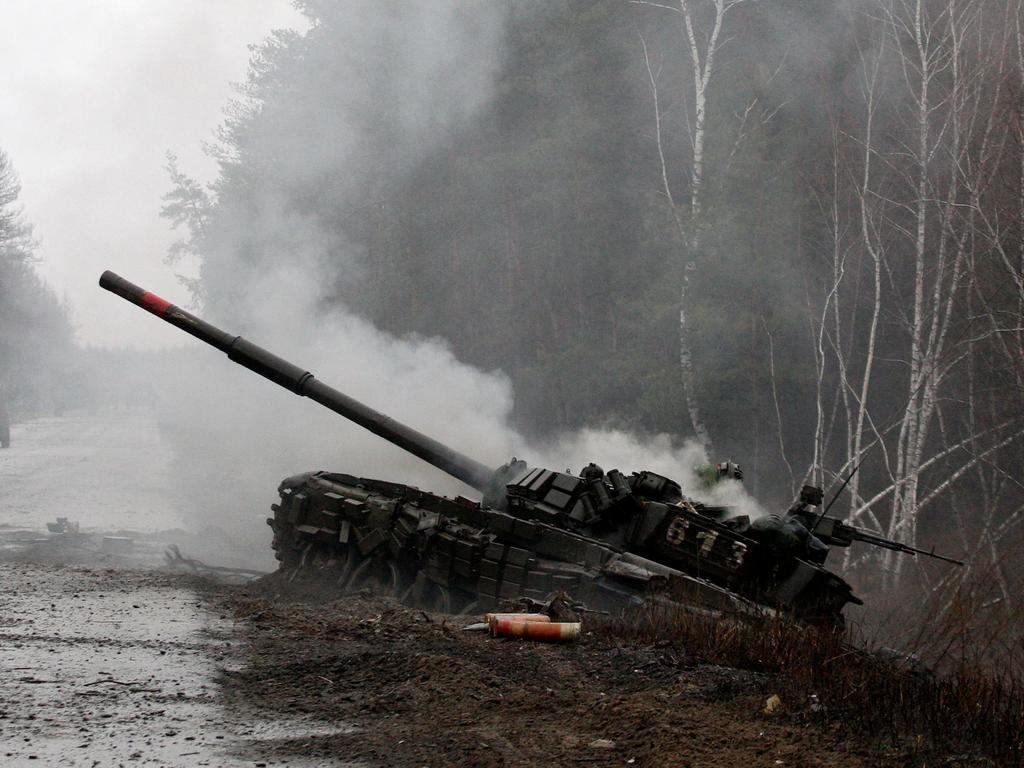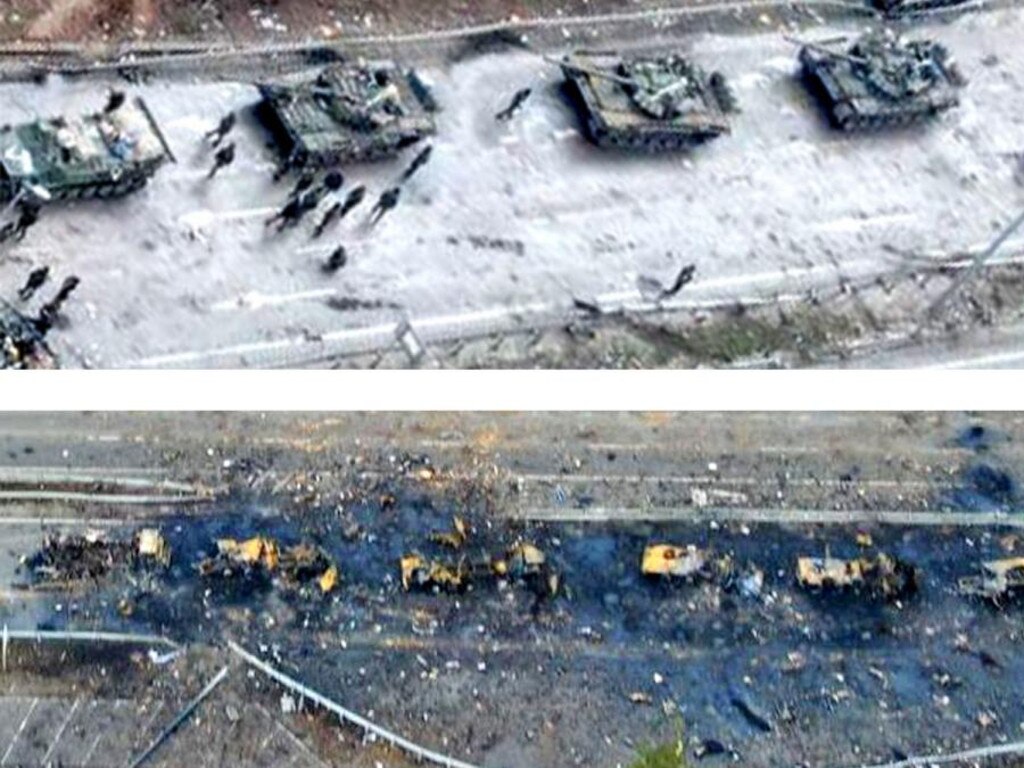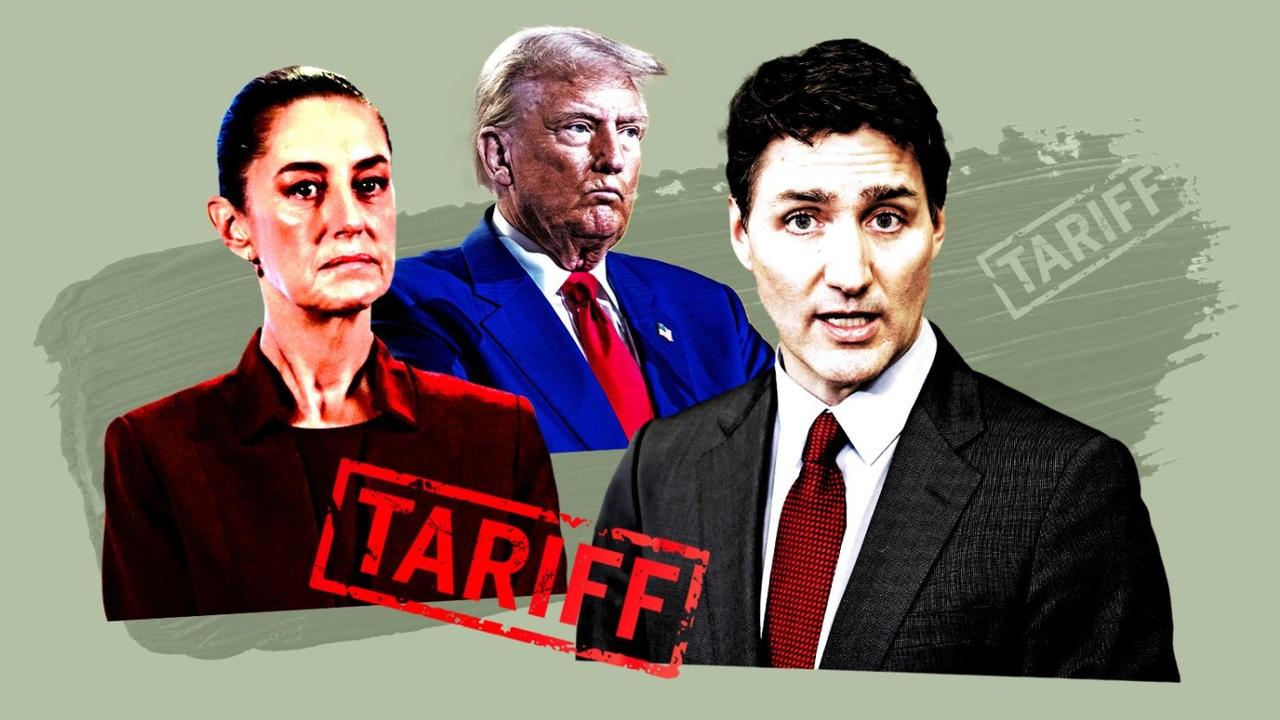China and India spurn Russia over ‘absurd’ UN vote
India and China have refused to co-sponsor a Russian UN Security Council resolution on Ukraine, forcing a humiliating backdown.
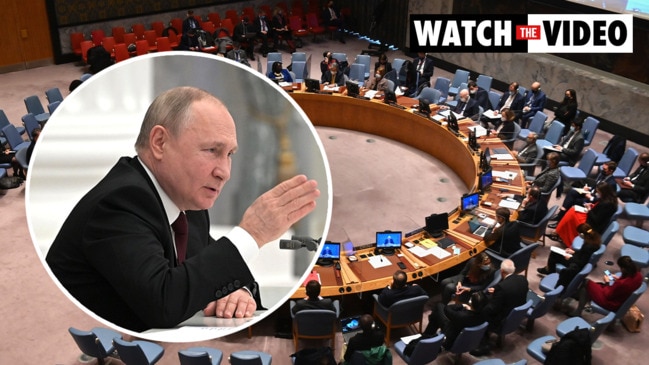
India and China have refused to co-sponsor a Russian proposed resolution on Ukraine in the UN Security Council, forcing a humiliating backdown from Moscow and highlighting the growing international pressure on the two Asian giants.
Diplomats said Russia cancelled a perverse vote on a “humanitarian” resolution on Ukraine which was scheduled for Friday, due to a lack of support.
Russian UN envoy Vassily Nebenzia later confirmed the resolution condemning attacks on civilians and calling for their safe passage had been cancelled after twice being postponed.
France and Mexico are now expected to co-sponsor an alternative humanitarian resolution on Ukraine that will be put to a vote in the General Assembly
“This week, perversely, Russia tabled a resolution that, among other things, called for the protection of civilians, including women and children,” British ambassador to the UN Barbara Woodward told AFP late on Thursday.
“This is cynical game-playing in the face of extreme human suffering.”
The US envoy to the UN, Linda Thomas-Greenfield, said Russia’s resolution was “farcical” and “doomed to fail”.
Russia filed the draft resolution on Tuesday on the “deteriorating humanitarian situation in Ukraine” and originally requested a vote for the following day.
But its failure to secure support from Beijing and New Delhi, both of which have refused to take sides over Russia’s invasion of Ukraine and have abstained from voting to condemn Russia several times in recent weeks, suggests the two nations are struggling to find a middle path through the escalating crisis.
Michael Kugelman, deputy director of the Washington-based Woodrow Wilson Centre’s Asia Program, says while India has “long been Russia’s strong backer at the UN, it’s clear that in this case Russia has come out with such an absurd resolution that even its loyal Indian friend wanted nothing to do with it”.
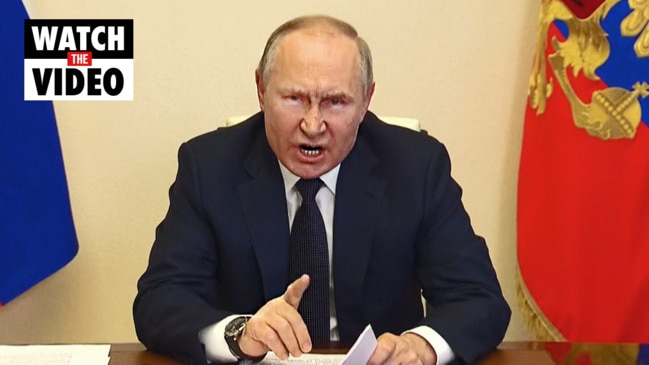
“Does this signal a sea-change in India’s overall position? No. But it does highlight that there are some limits to how far New Delhi will go to avoid rocking the boat with Russia.”
US President Joe Biden was scheduled to speak with Chinese leader Xi Jinping overnight Friday, to warn that Beijing faced “costs” and a “very dark future” if it provided material support for Russia’s invasion of Ukraine.
The US is ramping up pressure on Beijing to use its influence with Russia to end the war and “defend the international rules and principles that (China) professes to support”.
India, too, has been warned it could face sanctions penalties for continued trade with Russia as its refusal to join UN condemnation of Russia – on which it relies heavily for energy imports and military hardware – has infuriated its strategic partners.
But it has also highlighted a unique security dilemma for the world’s largest democracy, which is also shifting closer to the West to counter threats from China.
India has been gradually reducing its reliance on Russian military hardware, but at nowhere near the pace necessary to break ties with its Cold War partner.
Sreeram Chaulia, dean of the Jindal School of International Affairs, told The Weekend Australian India’s position had shifted westward on Ukraine in recent weeks but New Delhi remained “very worried about the impact of sanctions on its economy and our ability to buy weapons from Russia”.
As a large importer of oil and other commodities, India is expected to suffer from the prolonged disruption to global markets caused by the Ukrainian crisis. “As long as this war goes on, we will be pushed into a corner and find it more and more difficult to navigate those sanctions,” Professor Chaulia said.
Indian media reported on Friday that the country was expected to deepen energy co-operation with Russia despite tough US sanctions, following confirmation that Indian Oil Corporation and Hindustan Petroleum Corporation had bought two million barrels of Russian crude oil to shore up supplies amid global market volatility.


